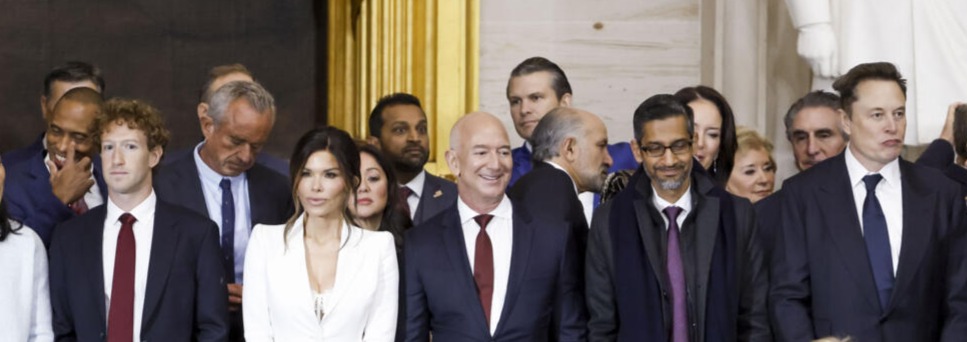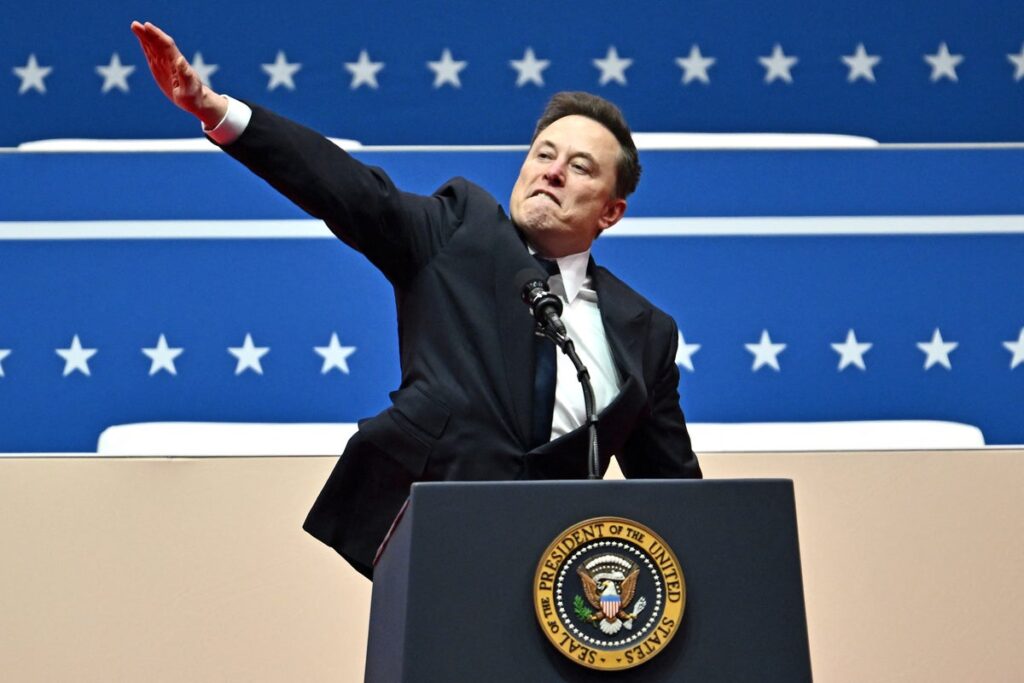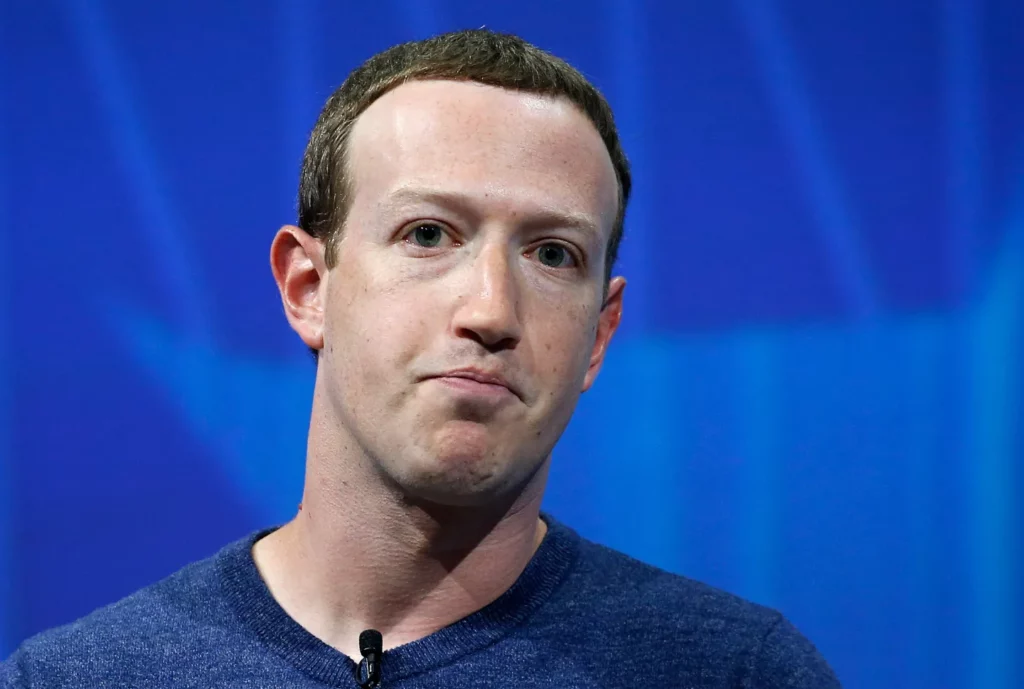
Why boycott billionaires?
Beyond their investment in an ever increasing authoritarian US government, the billionaire class is a major driver of climate change, income inequality, and poverty.
Help save democracy: Stop using services or buying products that the top American billionaires own or control.
As consumers, we have buying power and by choosing not to support billionaires through our daily choices, we can help reduce the influence and power they are gaining over our communities, economies, and governments. Sending a clear message that their wealth and privilege are not justified by their actions.
Boycotting key companies doesn’t have to be inconvenient, as the market expands more and more alternatives are available. By shifting our purchasing to more smaller businesses and community organizations we invest locally and support those that need it most, helping create a more just and equitable society for all.
Ways to Boycott
You don’t have to complete all actions at once. Start with one or two and work towards more as you can.
Boycott Bezos

Blocked the Washington Post’s editorial board from endorsing Kamala Harris in the 2024 presidential election. [Reuters]
Boycott Musk

“The Alternative for Germany (AfD) is the last spark of hope for this country.”
Musk said of the far-right extremist party in Germany. [AP News]
Boycott Zuckerberg

Implemented targeted changes to Meta’s hateful conduct policy that allow dehumanizing statements to be made about vulnerable groups. [EFF]
How Billionaires Negatively Impact Society

Monopolies and Concentration of Wealth: As billionaires accumulate vast wealth, they become increasingly powerful and influential. This concentration of wealth leads to a decrease in competition for democratic institutions and policies that promote equality and social welfare.

Influence on US policy decisions: The wealth and power of billionaires has shaped policy priorities and influence politicians’ decisions, undermining democratic institutions and social welfare policies.

Disinformation and propaganda: Billionaires have significant resources at their disposal, allowing them to spread misinformation and propaganda through various channels, eroding trust in institutions and the media.

Environmental degradation: Billionaires like Bezos, Musk and Zuckerberg have a significant environmental footprint, with companies they own or invest in contributing to climate change, pollution, and resource depletion.

Exploitation of workers: Many billionaires own companies that exploit their workers, paying them low wages, denying benefits, and using coercion to keep employees in line.

Tax avoidance and loopholes: Billionaires often take advantage of tax loopholes and avoid paying their fair share, allowing them to accumulate wealth at the expense of others.